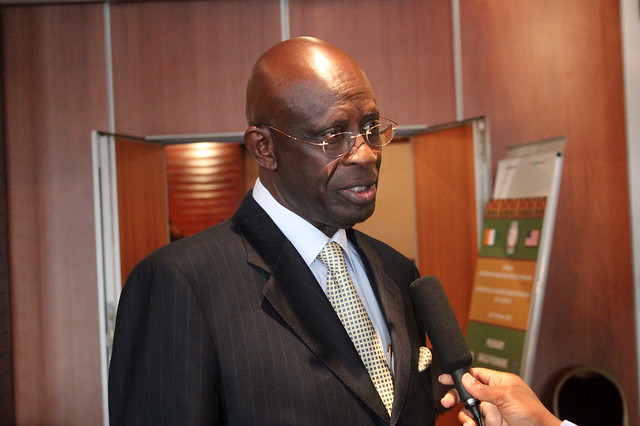ECOWAS
Established on May 28, 1975, learn all about the Economic Community of West African States, ECOWAS, History, 15 Members, and Core Policies.

Economic Community of West African States founded in 1975 Headquartered in Abuja, Nigeria
Explore and Understand Africa Through Her Food and Culture
About the ECOWAS
ECOWAS History
Established on May 28, 1975 via the treaty of Lagos, ECOWAS is a 15-member regional group with a mandate of promoting economic integration in all fields of activity of the constituting countries.
The treaty of Lagos was originally touted as an economic initiative, but emerging political events led to its revision and therewith the expansion of scope and powers in 1993. The region’s cultural, linguistic and ecological diversity presents both opportunities and challenges for the integration process.
The longing to combine forces politically and economically has always been recognized as a step forward in the desire to engender co-prosperity in the area. ECOWAS was set up to foster the ideal of collective self-sufficiency for its member states. As a trading union, it is also meant to create a single, large trading bloc through economic cooperation.
ECOWAS Members
Member countries making up ECOWAS are Benin, Burkina Faso, Cape Verde, Cote d’ Ivoire, The Gambia, Ghana, Guinea, Guinea Bissau, Liberia, Mali, Niger, Nigeria, Sierra Leone, Senegal and Togo.

|
| Economic Community of West African States |
In 1976, Cape Verde, one of the two Lusophone countries in the region joined ECOWAS, and in December 2000, Mauritania, which was one of the founding members decided to withdraw in December 2000.
The ECOWAS is made up of fifteen member countries that are located in the Western African region. The Atlantic Ocean forms the western as well as the southern borders of the West African region.
The northern border is the Sahara Desert, with the Ranishanu Bend generally considered the northernmost part of the region. The eastern border lies between the Benue Trough, and a line running from Mount Cameroon to Lake Chad.
ECOWAS Core Policies
ECOWAS core policy sectors are Energy, Civil Society, Infrastructure, Information and Communication Technology, Trade, Water, Agriculture, Environment, Health and Social Affairs. The initial drive to create ECOWAS in 1975 was economic integration; four stages were envisaged for the process of regional integration, i.e. the creation of a Free Trade Area, a Customs union, a Common Market and, finally, an Economic Monetary Union.
In recent years ECOWAS has spent considerable political energy and budgetary resources to the first strategic priority, i.e. peace and security and democratic governance, following the various crises that erupted in Côte d'Ivoire, Mali and Burkina Faso.
ECOWAS also serves as a peacekeeping force in the region, with member states occasionally sending joint military forces to intervene in the bloc's member countries at times of political instability and unrest.
According to a 2016 ECOWAS Study by Jean Bossuyt, the overall progress in the actual implementation of ECOWAS policies in core areas such as trade, economic and monetary cooperation, energy and social development has been limited.
Together we build awareness that boost harmony, education, and success, below are more links to articles you will find thought provoking.
- Deadliest routes for refugees
- Cooking with shea butter oil
- Worst serial killers recorded in history are women
- Indigenous healers and plants used
- Night running illness or magic
- What is back to Africa





























